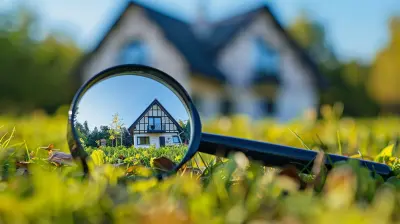Essential Tips for Maintaining Your Rental Property During the Winter
15 September 2025
Winter can be brutal, and if you're a landlord, the cold months bring more than just snow and freezing temperatures. They bring maintenance challenges that, if ignored, can cost you big time. A well-maintained rental property not only keeps tenants happy but also prevents expensive repairs.
So, how do you protect your investment from the winter chill? Here are the essential tips to keep your rental property in top shape during the colder months. 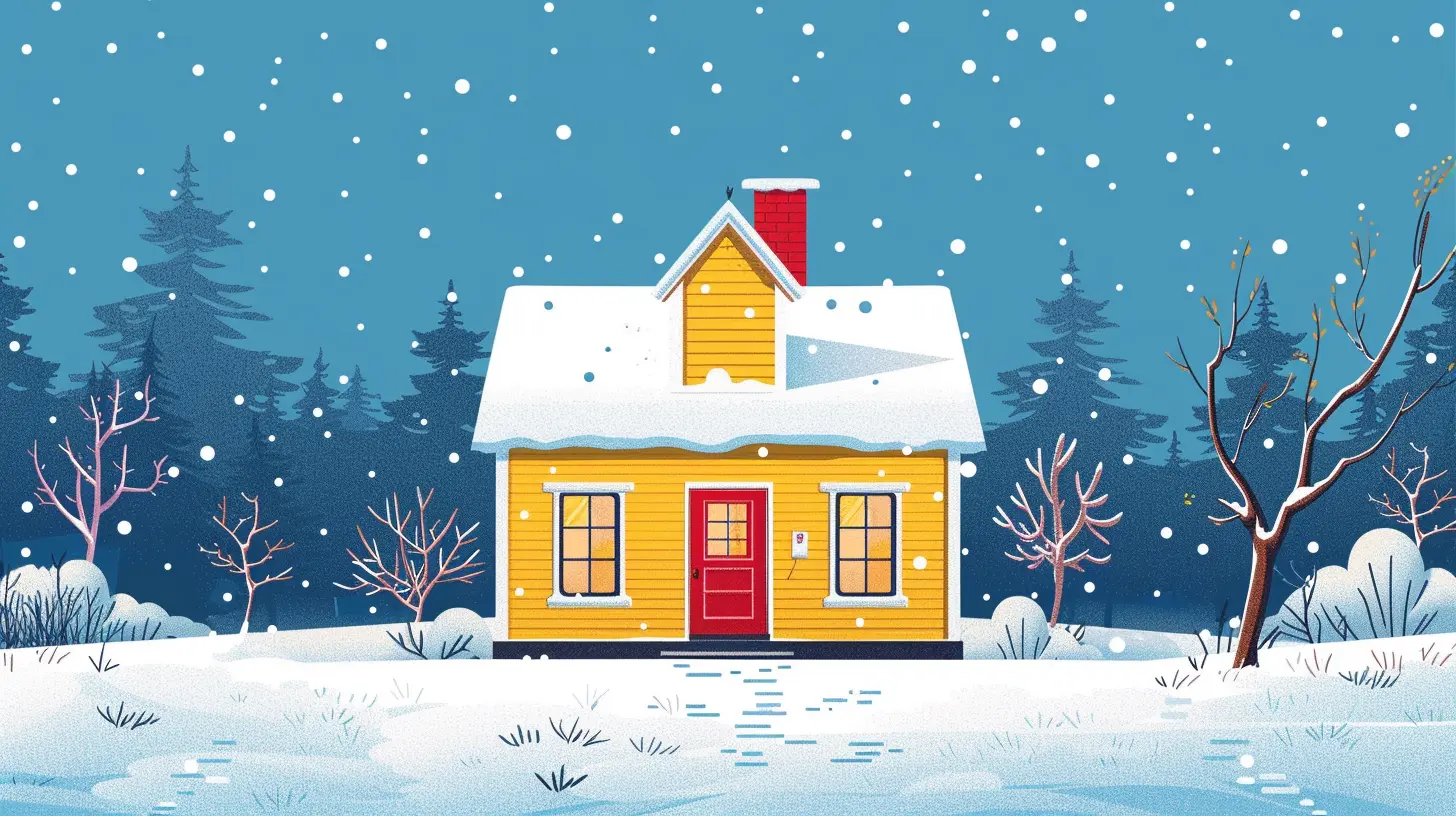
1. Inspect and Service the Heating System
Imagine your tenants waking up to a freezing house because the heating system gave out. Not a good look, right? Before winter sets in, have the furnace or heat pump inspected by a professional. Regular servicing ensures it's running efficiently and helps prevent mid-season breakdowns.What to Check:
- Furnace filters – Replace them every couple of months for better airflow.- Thermostats – Ensure they function correctly and consider upgrading to a programmable one.
- Pilot Lights & Burners – Check for proper ignition and efficiency.
A well-maintained heating system not only keeps tenants cozy but also lowers energy bills—something they’ll appreciate. 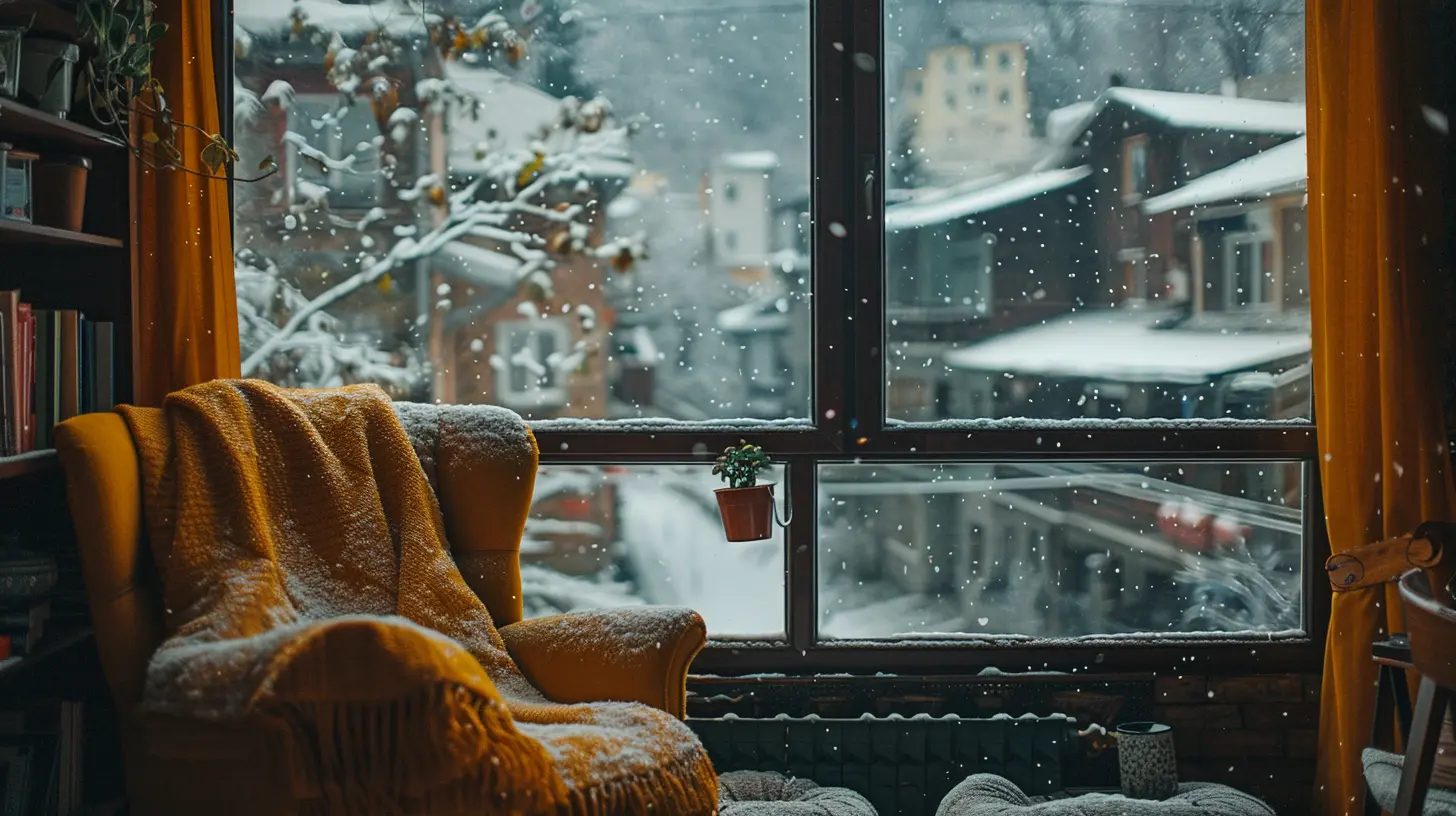
2. Prevent Frozen Pipes
Frozen pipes are every landlord’s nightmare. When pipes freeze, they can burst, leading to costly water damage.How to Prevent It:
✅ Insulate Pipes – Use pipe insulation or heat tape for pipes in unheated areas like basements or garages.✅ Keep the Heat On – Even if the unit is unoccupied, maintain a temperature of at least 55°F.
✅ Drip Faucets – Keeping a slow trickle of water running prevents freezing.
A single burst pipe can cause thousands of dollars in damage. A little prevention goes a long way! 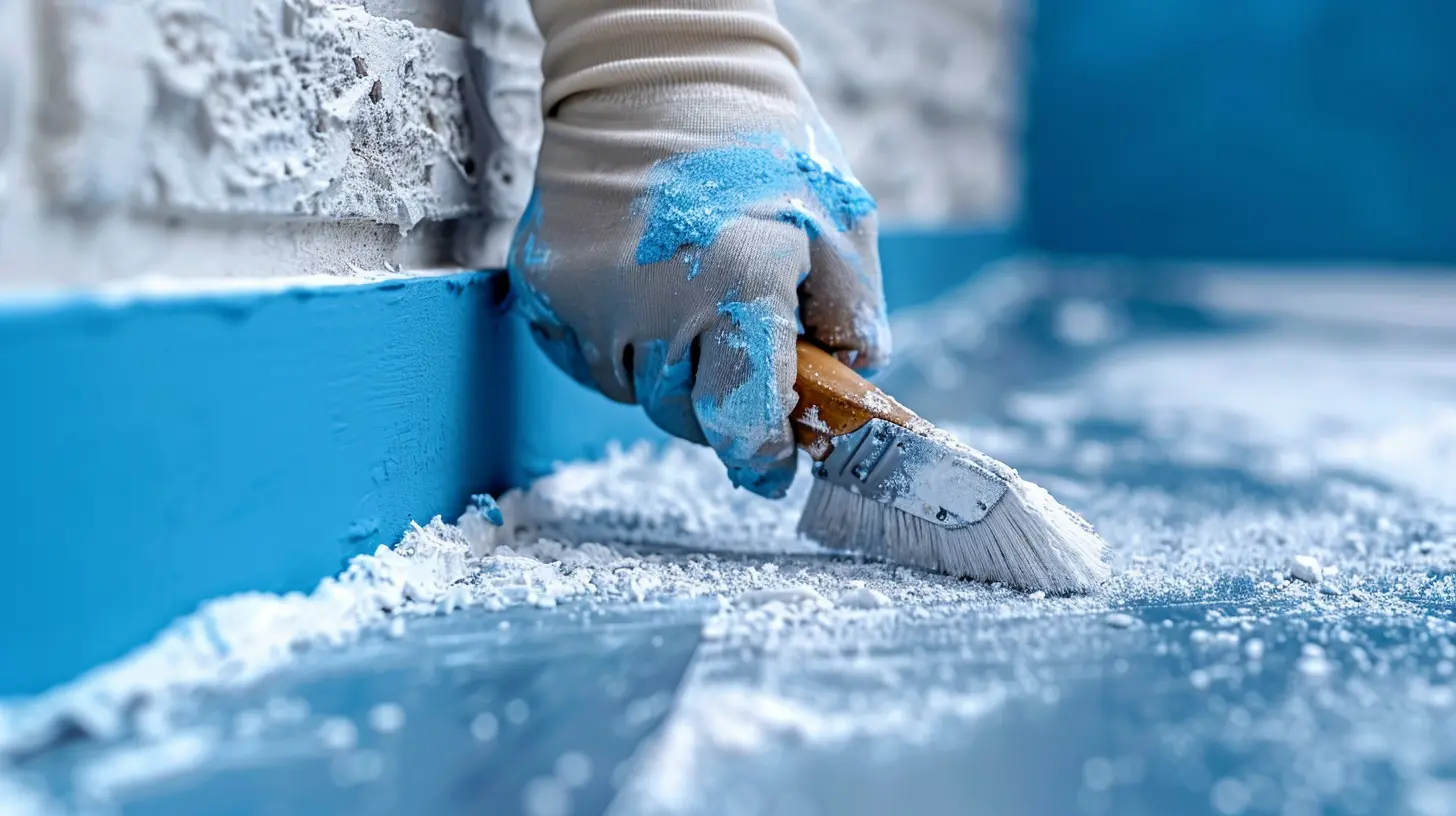
3. Check for Drafts and Seal Gaps
Cold air sneaking in? That’s wasted heat and higher energy bills. Drafty windows and doors make it harder (and more expensive) to keep the unit warm.Quick Fixes:
- Weatherstripping – Apply it around doors and windows.- Caulk Gaps – Seal up cracks around windows, walls, and pipes.
- Use Draft Stoppers – Place them at the base of doors to keep the cold out.
These small, inexpensive adjustments can make a huge difference in keeping your property warm and energy efficient. 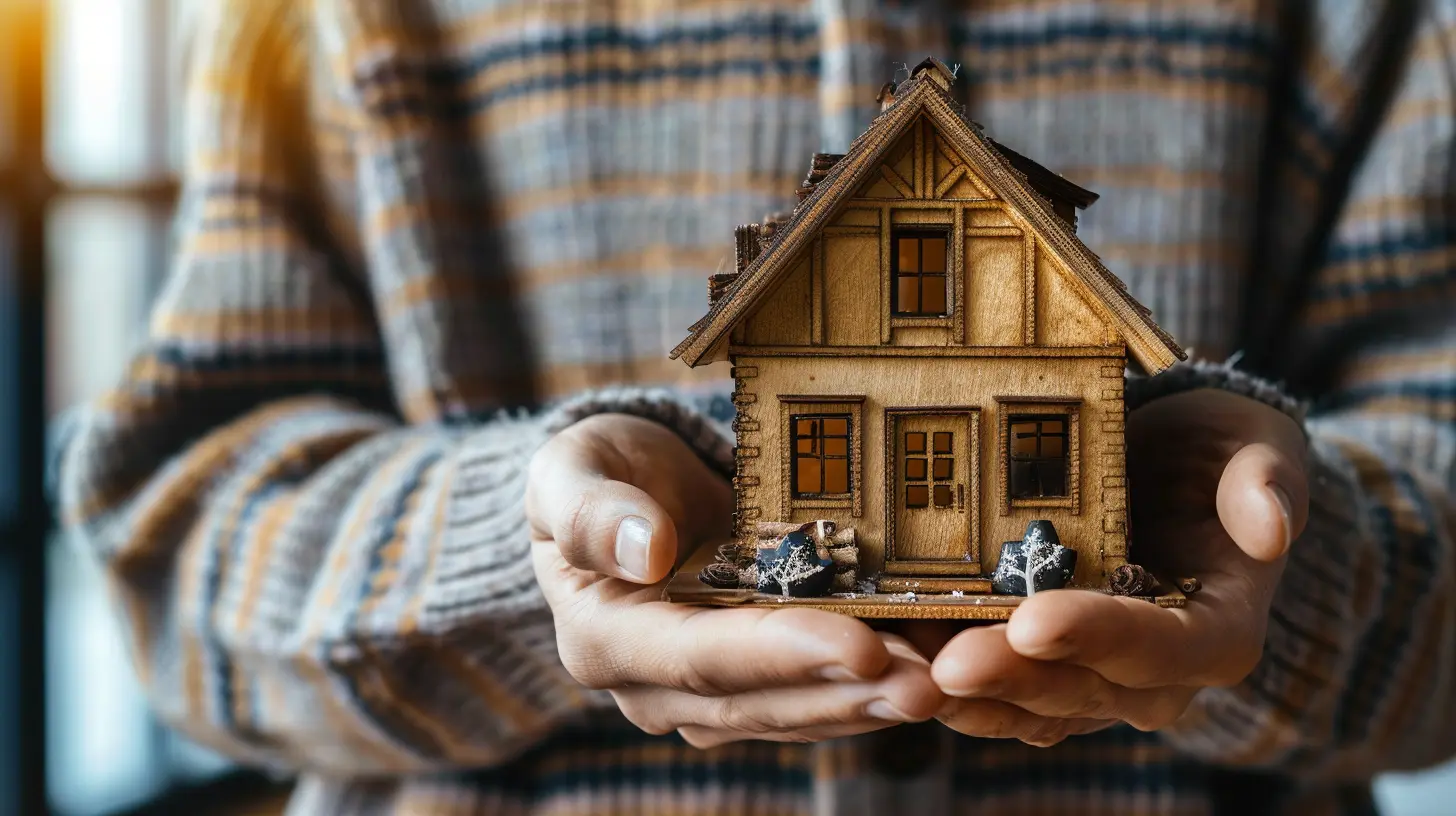
4. Clear Gutters and Downspouts
Clogged gutters can lead to ice dams, which cause water damage to your property’s roof and walls. Before winter arrives, make sure gutters are free of leaves and debris.Maintenance Tips:
- Clean the Gutters – Scoop out leaves and gunk to allow proper drainage.- Check Downspouts – Ensure they direct water away from the foundation.
- Install Gutter Guards – These help prevent clogging in the first place.
Taking an hour or two to clean gutters now can save thousands in roof repairs later.
5. Ensure Proper Insulation
Good insulation is like a warm blanket for your rental property. Poor insulation means higher heating costs and unhappy tenants.Areas to Focus On:
✔ Attic & Walls – Ensure they have adequate insulation to retain heat.✔ Basements & Crawlspaces – These often go overlooked, but proper insulation here helps prevent frozen pipes.
✔ Windows – If full window replacement isn't within budget, consider adding thermal curtains or plastic film coverings.
Upgrading insulation might seem like an expense now, but it pays off in long-term energy savings and tenant retention.
6. Service the Water Heater
Few things are worse than stepping into an ice-cold shower on a winter morning. If the water heater isn't functioning properly, it can lead to major tenant complaints.Maintenance Tips:
- Flush Sediment Buildup – Over time, sediment collects at the bottom of the tank, which can reduce efficiency.- Check the Temperature Setting – Keep it at around 120°F to prevent scalding and save on energy.
- Inspect for Leaks – A small leak can turn into a big problem if left unattended.
A functional water heater is a winter necessity, so stay ahead of potential issues.
7. Trim Trees and Remove Weak Branches
Winter storms and heavy snow can turn weak tree branches into dangerous projectiles. One broken branch can damage your roof, windows, or even a tenant’s car.What to Do:
- Trim Overhanging Branches – Especially near the roof and power lines.- Remove Dead Trees – If a tree looks unstable, deal with it before the snow piles on.
- Check for Leaning Trees – A tree with a noticeable tilt might be a disaster waiting to happen.
This simple step prevents costly damage and potential liability issues.
8. Stock Up on Winter Essentials for Tenants
Your tenants will appreciate a little winter preparedness. Stocking up on essentials can prevent last-minute scrambles when a snowstorm hits.Provide Tenants With:
- Snow Shovels & Ice Melt – If they handle their own walkways.- Emergency Contacts – Give them numbers for plumbers, heating repair, and property management.
- Space Heaters – A backup heating option can be a lifesaver in case of furnace issues.
Ensuring your tenants have what they need keeps them safe and reduces emergency calls to you.
9. Inspect the Roof for Damage
A leaky roof in winter? That’s the last thing you want. Snow and ice can worsen pre-existing roof issues, leading to expensive leaks and structural damage.Roof Maintenance Checklist:
☑ Check for Missing Shingles – Replace any damaged or loose shingles before snow arrives.☑ Inspect the Flashing – Ensure seals around vents and chimneys are intact.
☑ Look for Signs of Sagging – Heavy snow buildup can cause structural issues.
A solid roof is your first line of defense against winter weather, so prioritize its maintenance.
10. Review Lease Agreements & Emergency Plans
Winter emergencies—like power outages, burst pipes, or heavy snow—can create confusion about responsibilities. Reviewing your lease agreement and emergency plans with tenants ensures everyone is on the same page.Key Points to Clarify:
- Who Handles Snow Removal? (You or the tenants?)- What to Do in Case of a Burst Pipe?
- Emergency Contact Information
Clear communication prevents misunderstandings and ensures quick action when problems arise.
Final Thoughts
Winter can be harsh, but a little preparation goes a long way. Staying ahead of maintenance not only prevents costly repairs but also keeps your tenants happy and your property in great shape.Being proactive now means fewer headaches (and expenses) later. So, don’t wait—start winter-proofing your rental property today!
all images in this post were generated using AI tools
Category:
Property MaintenanceAuthor:

Vincent Clayton
Discussion
rate this article
1 comments
Trevor Middleton
Great tips! Regular inspections are crucial for success.
September 28, 2025 at 4:38 AM

Vincent Clayton
Thank you! I'm glad you found the tips helpful. Regular inspections really do make a big difference in maintaining your property.


